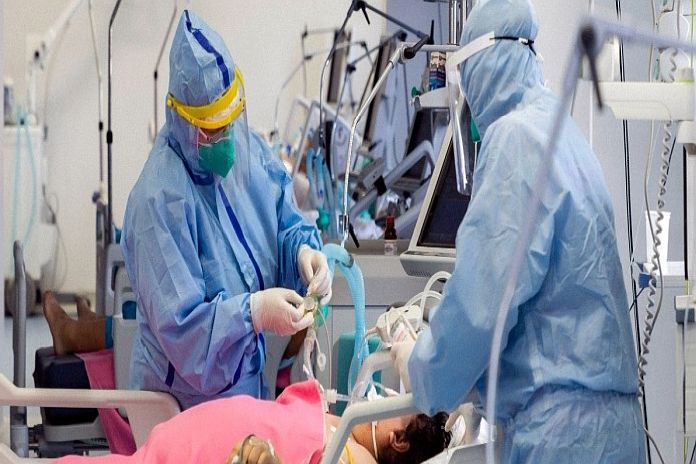GENEVA, Switzerland — The World Health Organization (WHO) recommends that patients who have COVID-19 – both confirmed and suspected – should have access to follow-up care if they have persistent, new or changing symptoms.
This is one of the recommendations made by WHO in revised clinical management guidelines.
Evidence was gathered on the post COVID condition, so-called ‘long COVID’, where people who have recovered from COVID-19 continue to have longer-term issues like extreme fatigue, persistent cough and exercise intolerance.
Understanding this condition is one of WHO’s priority areas of work. In February 2021, WHO will organize a series of consultations to reach consensus on a description of this condition and its subtypes, and case definitions. This scientific understanding will inform the name of the condition. The consultations will include a broad range of stakeholders, including patient groups.
For COVID-19 patients at home, WHO suggests the use of pulse oximetry to measure oxygen levels in the blood. This needs to be coordinated with other aspects of home care, such as education for the patient and care provider and regular follow-up of the patient.
For hospitalized patients, WHO suggests the use of low dose anticoagulants for preventing the blood clots forming in blood vessels (thrombosis).
For hospitalized patients who are taking supplemental oxygen (including high-flow nasal oxygen) or non-invasive ventilation, WHO suggests positioning patients on their stomachs to increase oxygen flow (awake prone positioning).
The guidelines also include recommendations on the use of care bundles to systematize care provision for COVID-19 patients, as well as a recommendation to favour clinical judgement over models in making decisions for the patient’s care.
The recommendations were made by an independent panel of experts, the Guideline Development Group, based on detailed rapid reviews of all available evidence.
The guidelines are a living document, updated regularly as more data becomes available.





